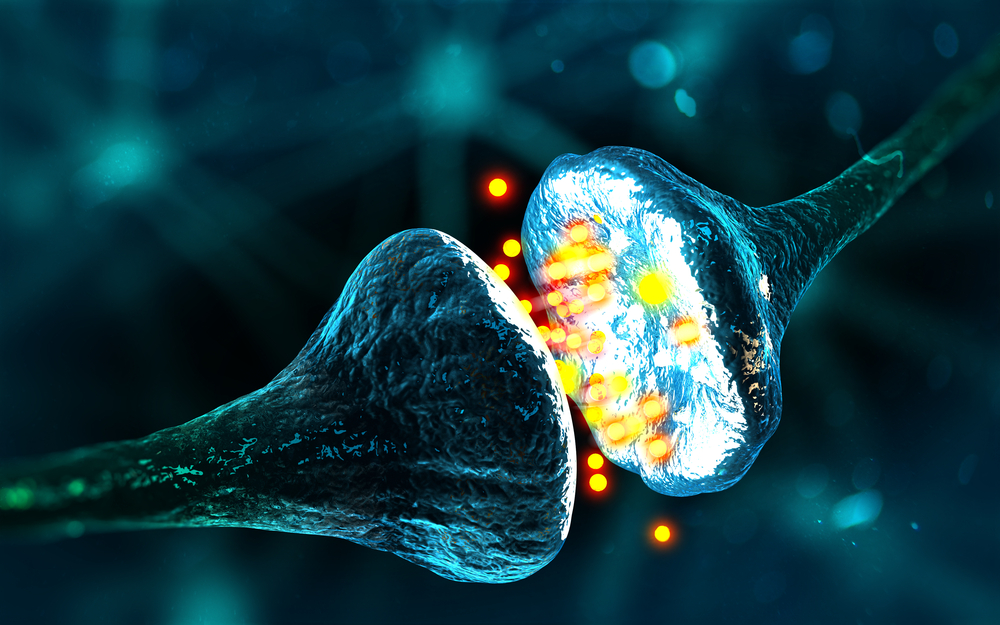Chinese Compound Helps Reduce Levodopa-induced Dyskinesia, Eases Motor Symptoms in Parkinson’s, Study Finds

The traditional Chinese compound Zishenpingchan can be used as an add-on treatment to levodopa for improvements in motor symptoms and quality of life in patients with Parkinson’s disease, according to researchers.
The study, “Zishenpingchan granules for the treatment of Parkinson’s disease: a randomized, double-blind, placebo-controlled clinical trial,” was published in the journal Neural Regeneration Research.
Parkinson’s disease is a central nervous system disorder characterized by low levels of dopamine, causing tremors, stiffness, or slowing of movement.
The current standard for treatment is levodopa, which the body uses as a building block to make dopamine. But long-term treatment with levodopa can lead to abnormal, involuntary movements — a condition called dyskinesia — in more than half of treated patients.
As a result, there is a lack of treatments in Western medicine that can effectively and safely treat Parkinson’s in the long-term.
Several researchers have explored traditional Chinese medicine to find remedies that can help improve the quality of patients’ lives.
A Chinese professor, Jian-hua Hu, conducted a thorough clinical investigation into the effects of Zishenpingchan — a mixture of Chinese roots and herbs — in Parkinson’s disease.
Ask questions and share your knowledge of Parkinson’s disease in our forums.
In China, Zishenpingchan has been applied clinically to treat the disease and has been shown to improve patients’ dyskinesia and nonmotor symptoms, as well as delay disease worsening.
But to date, no clinical trials have been conducted to address the effects of the compound in a controlled environment.
Chinese researchers set out to evaluate the clinical efficacy and safety of this treatment in a clinical trial (ChiCTR-INR-1701194) in patients with Parkinson’s disease.
Researchers recruited 128 patients from the Department of Neurology of Longhua Hospital and Shuguang Hospital, affiliated with Shanghai University of Traditional Chinese Medicine in China.
Patients were already being treated with levodopa. They were randomized to either receive add-on treatment of Zishenpingchan granules or a placebo for 24 weeks. Researchers then evaluated the effects of the treatment across a variety of factors, including function, sleep, cognition, and quality of life.
First, researchers showed that administration of Zishenpingchan granules was significantly linked to a decrease in unified Parkinson’s disease rating scale (UPDRS) III score compared to patients treated with placebo, which suggests an improvement in dyskinesia and motor symptoms in treated patients.
While cognitive scores and experiences of daily living scores were not significantly different between the groups, depression and anxiety scores were significantly improved in the treatment group.
The UPDRS IV score, which measures motor complications, was significantly higher at 24 weeks compared to baseline in the control group, while the reverse was true in the treatment group. This suggests that Zishenpingchan granules reduces the severity of motor complications.
Additionally, quality of life, which was measured using the Parkinson’s Disease Quality of Life Questionnaire (PDQ-39), was significantly improved in the treatment group, suggesting treatment with Zishenpingchan improved patient’s quality of life.
And, the levodopa dosage had significantly increased at 24 weeks in the control group while there was no significant change in levodopa dosage in the treatment group.
Finally, researchers determined that all the adverse reactions to the treatment were mild, and no patients were lost due to the adverse reactions.
“This combination of Chinese and Western medicine has the potential to reduce levodopa dosages, and no obvious side effects were found,” researchers wrote.
These findings indicate that Zishenpingchan granules can help alleviate some of the symptoms of Parkinson’s disease, reduce toxic side effects of levodopa, and improve the quality of life of patients.






